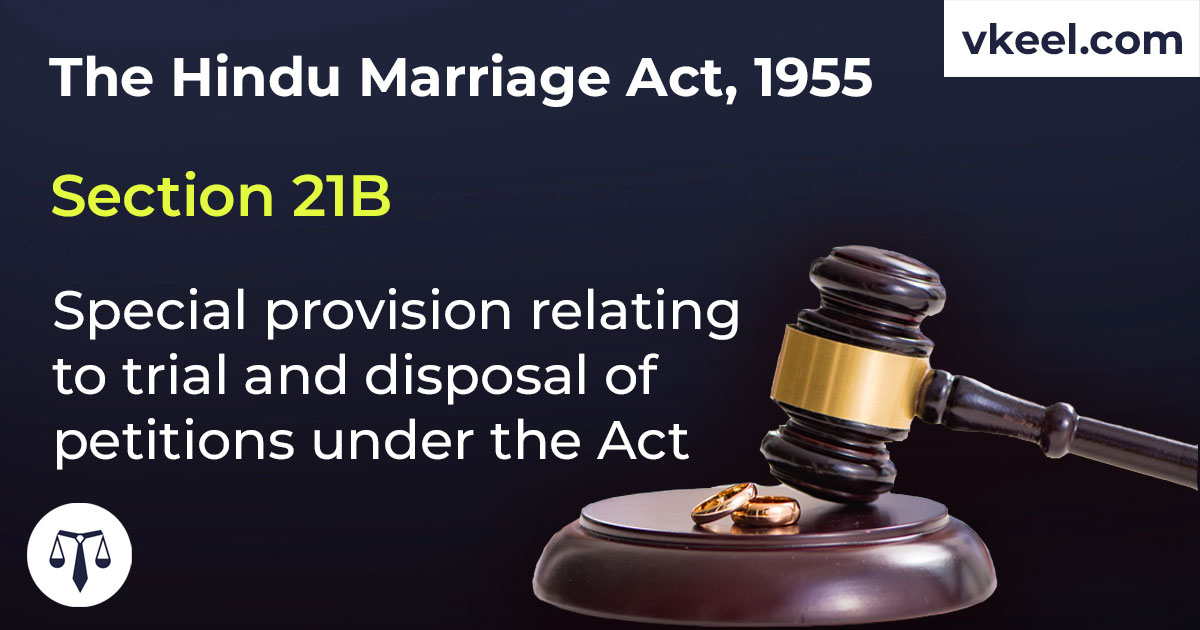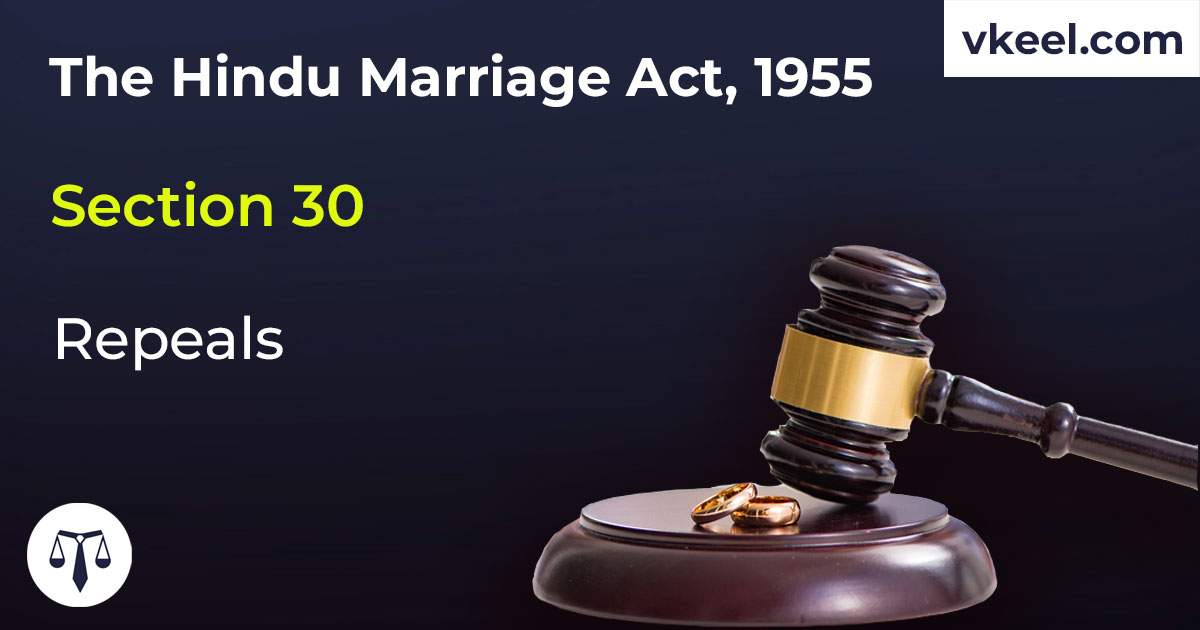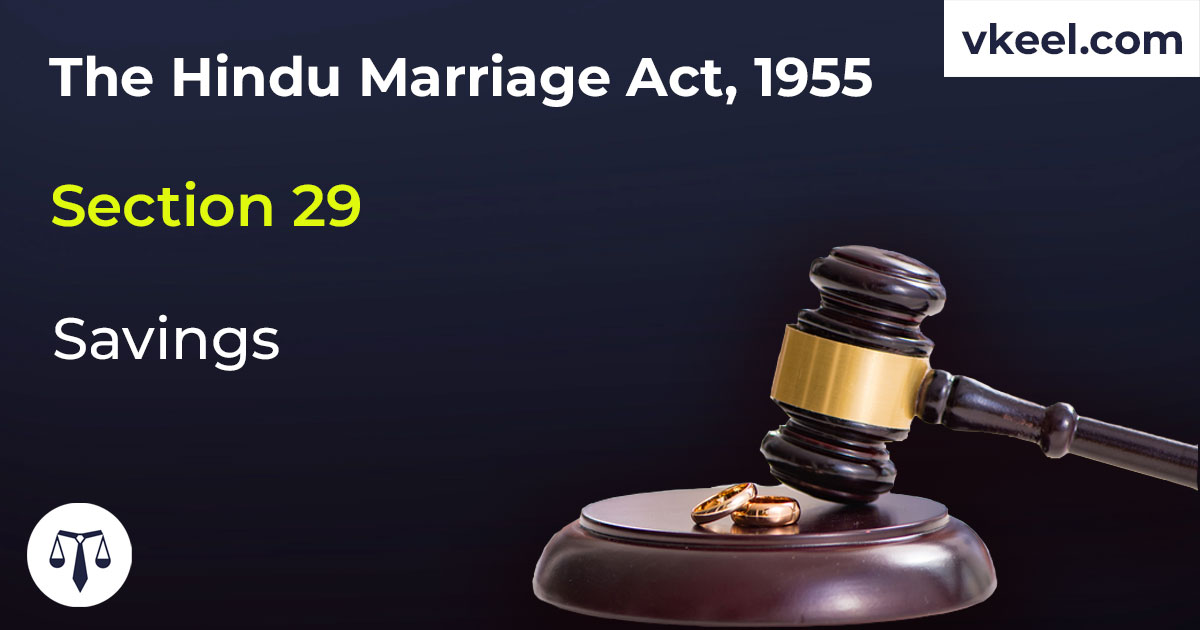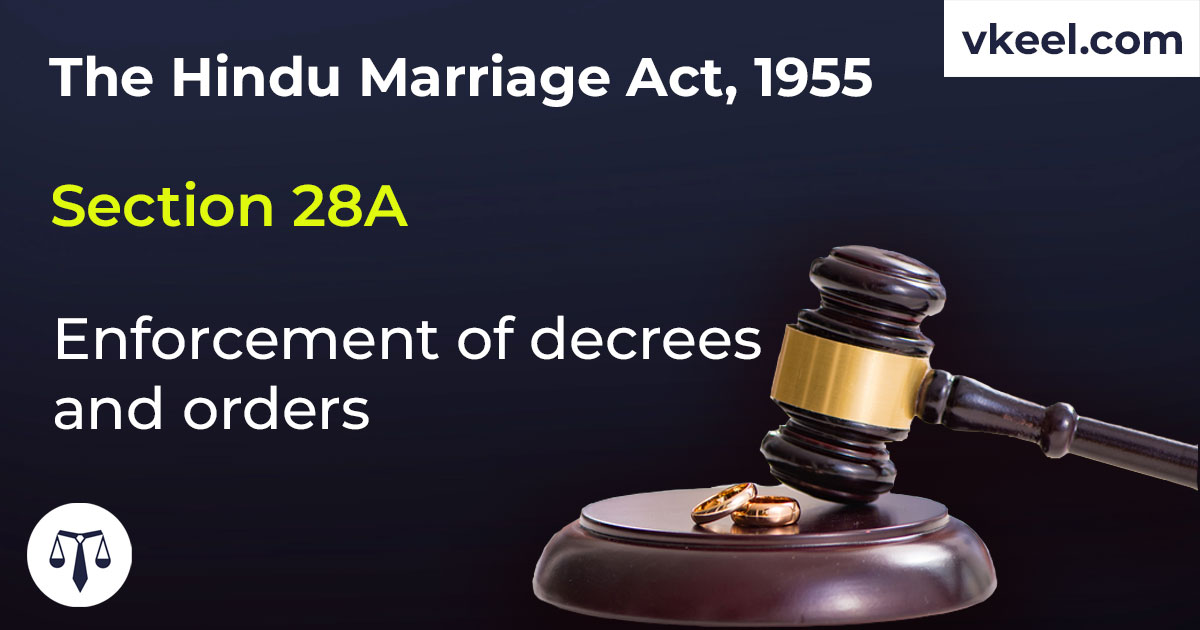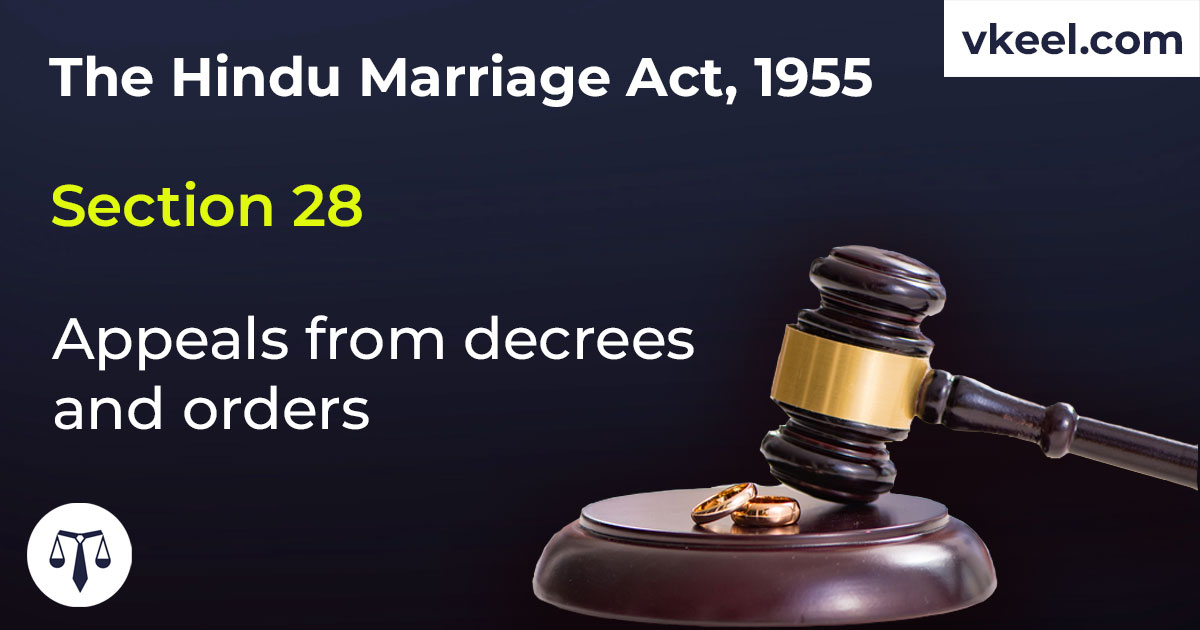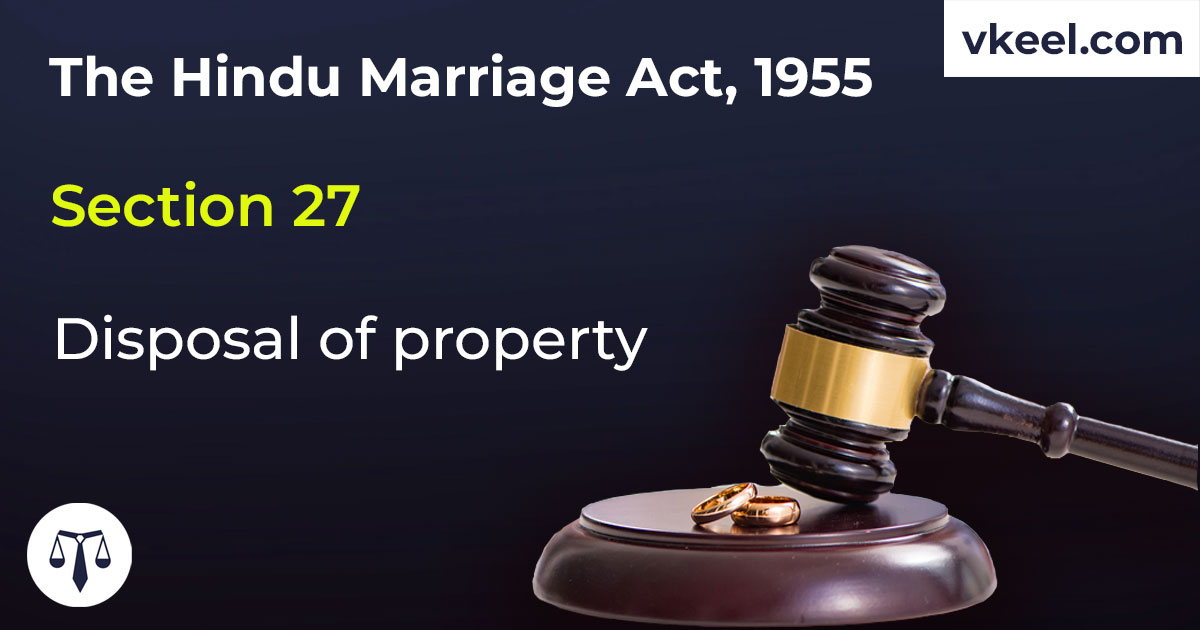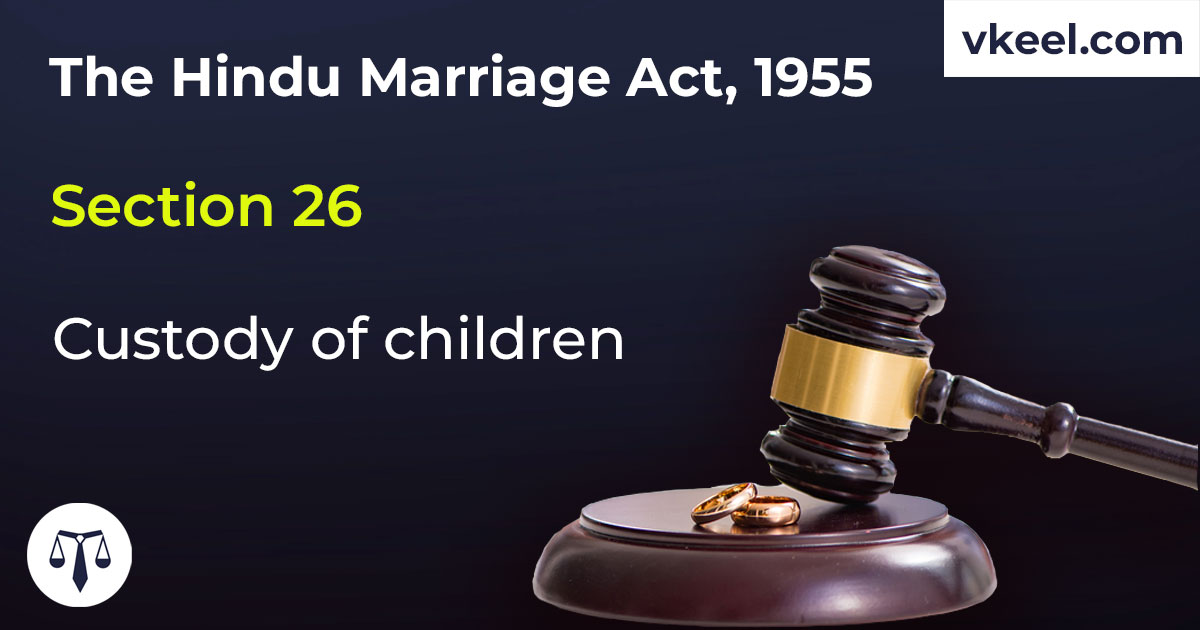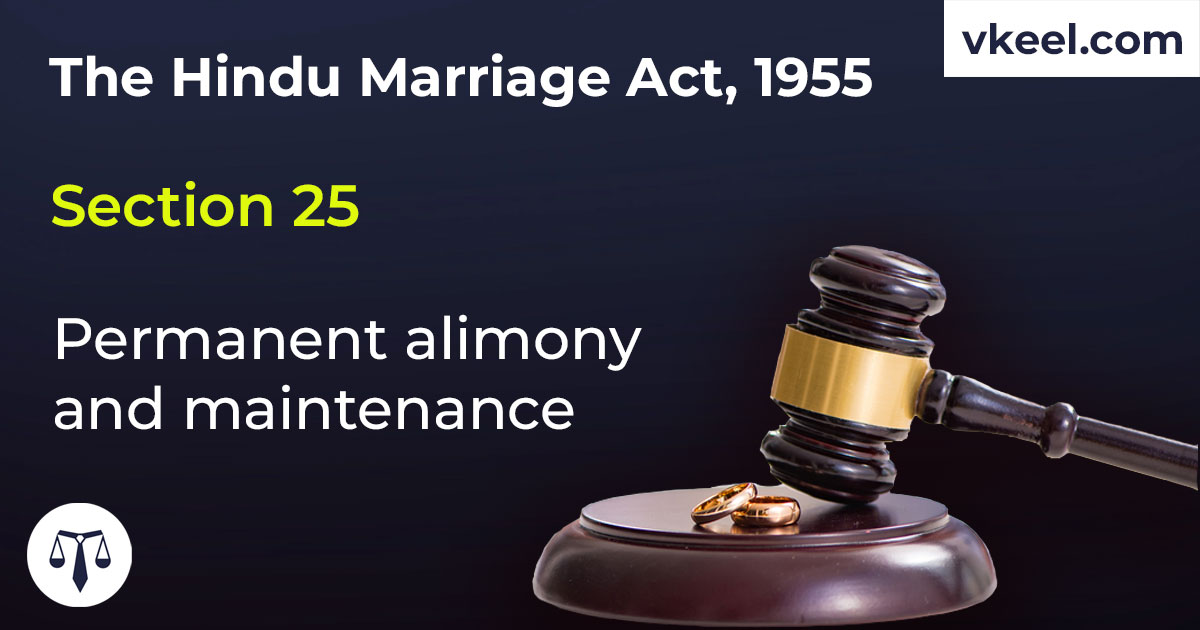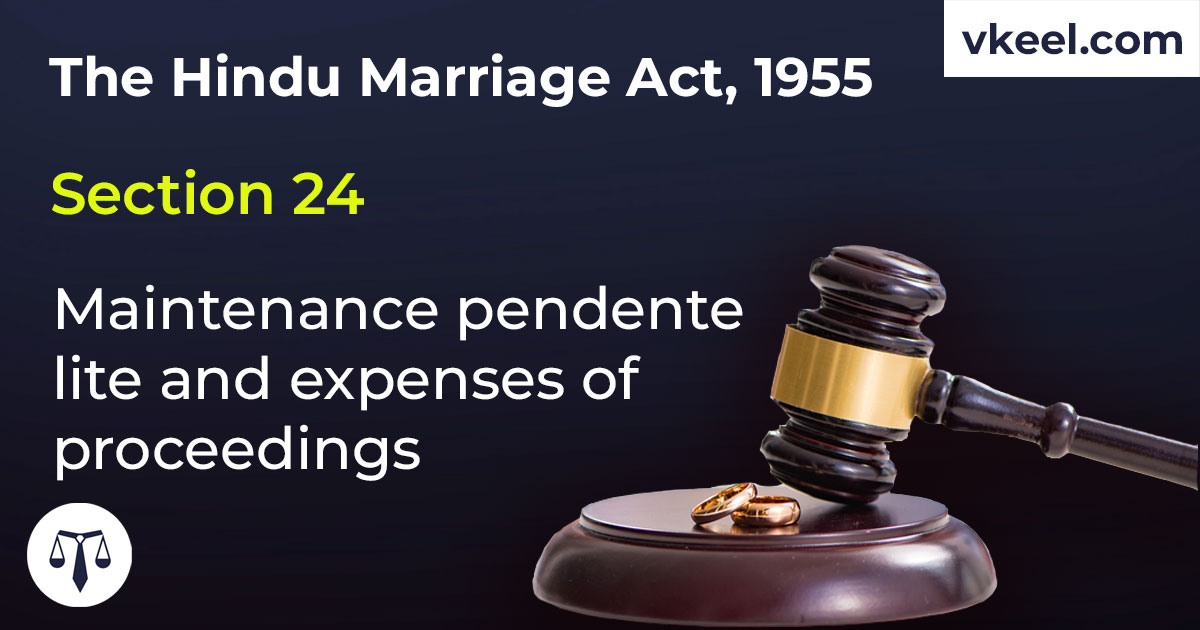Section 21B Hindu Marriage Act 1955 – Special provision relating to trial and disposal of petitions under the Act
By Vkeel Team
Table of Contents
Description
“Section 21B Hindu Marriage Act 1955”
(1) The trial of a petition under this Act shall, so far as is practicable consistently with the interests of justice in respect of the trial, be continued from day to day until its conclusion unless the court finds the adjournment of the trial beyond the following day to be necessary for reasons to be recorded.
(2) Every petition under this Act shall be tried as expeditiously as possible and endeavour shall be made to conclude the trial within six months from the date of service of notice of the petition on the respondent.
(3) Every appeal under this Act shall be heard as expeditiously as possible, and endeavour shall be made to conclude the hearing within three months from the date of service of notice of appeal on the respondent.
Benefits of Section 21B of the Hindu Marriage Act 1955 for Divorcing Couples
The Hindu Marriage Act 1955 is a landmark legislation in India that governs the marriage and divorce of Hindus. Section 21B of the Act provides a simplified procedure for couples seeking divorce by mutual consent. This section has been widely hailed as a progressive step towards providing a more humane and dignified approach to divorce proceedings.
Under Section 21B Hindu Marriage Act 1955, couples can file a joint petition for divorce in the court. The court will then grant the divorce if it is satisfied that the couple has been living separately for at least one year and that they have mutually agreed to dissolve the marriage. This procedure is much simpler and less time-consuming than the traditional divorce proceedings, which can be lengthy and expensive.
The simplified procedure provided by Section 21B also helps to reduce the emotional trauma associated with divorce. Since the couple is filing a joint petition, they are not required to appear in court and can avoid the public scrutiny that often accompanies divorce proceedings. This allows them to maintain their privacy and dignity during the process.
Furthermore, Section 21B also helps to reduce the financial burden associated with divorce. Since the procedure is simpler and less time-consuming, couples can save on legal fees and other costs associated with traditional divorce proceedings. This can be especially beneficial for couples who are already struggling financially due to the breakdown of their marriage.
In conclusion, Section 21B Hindu Marriage Act 1955 provides a simplified procedure for couples seeking divorce by mutual consent. This section has been widely praised for its progressive approach to divorce proceedings, as it helps to reduce the emotional trauma and financial burden associated with divorce. It is therefore clear that Section 21B provides numerous benefits for divorcing couples.
Role of the Court in Deciding Petitions Under Section 21B Hindu Marriage Act 1955
The Hindu Marriage Act 1955 is a law that governs the marriage of Hindus in India. Section 21B of the Act provides for the filing of petitions for the dissolution of a marriage by mutual consent. The court plays a crucial role in deciding such petitions.
When a petition is filed under Section 21B Hindu Marriage Act 1955, the court must first determine whether the parties have genuinely consented to the dissolution of the marriage. The court must be satisfied that the parties have entered into the agreement freely and voluntarily, without any coercion or undue influence. The court must also be satisfied that the parties have been living separately for a period of at least one year before filing the petition.
The court must also consider the welfare of any children of the marriage. The court must be satisfied that the dissolution of the marriage is in the best interests of the children. The court must also consider the financial and other interests of the parties.
The court must also consider the terms of the agreement between the parties. The agreement must be fair and reasonable and must provide for the maintenance of the parties and any children of the marriage. The court must also consider any other matters that it deems relevant.
Once the court is satisfied that all the requirements of Section 21B have been met, it will grant the petition and dissolve the marriage. The court will also issue a decree of divorce, which will be binding on both parties.
In conclusion, the court plays a crucial role in deciding petitions under Section 21B Hindu Marriage Act 1955. The court must ensure that the parties have genuinely consented to the dissolution of the marriage and that the agreement between the parties is fair and reasonable. The court must also consider the welfare of any children of the marriage and any other matters that it deems relevant.
Description Source: indiacode
Disclaimer:
The information provided in the article is for general informational purposes only, and is not intended to constitute legal advice or to be relied upon as a substitute for legal advice. Furthermore, any information contained in the article is not guaranteed to be current, complete or accurate. If you require legal advice or representation, you should contact an attorney or law firm directly. We are not responsible for any damages resulting from any reliance on the content of this website.

